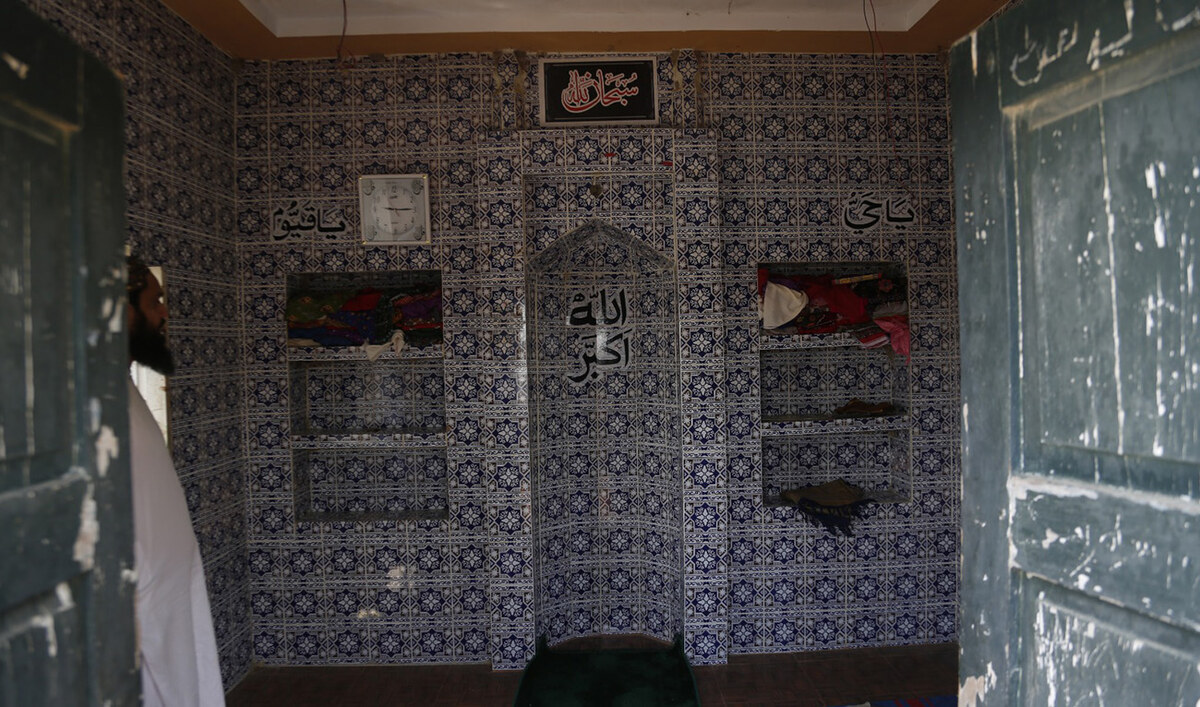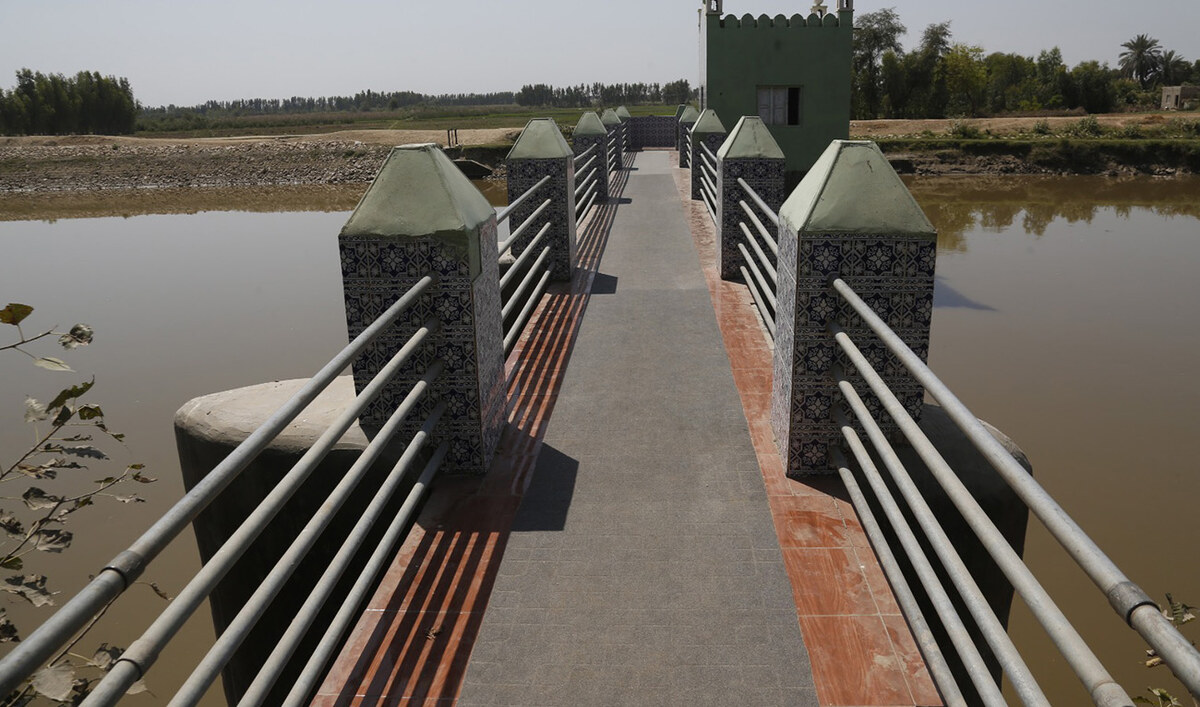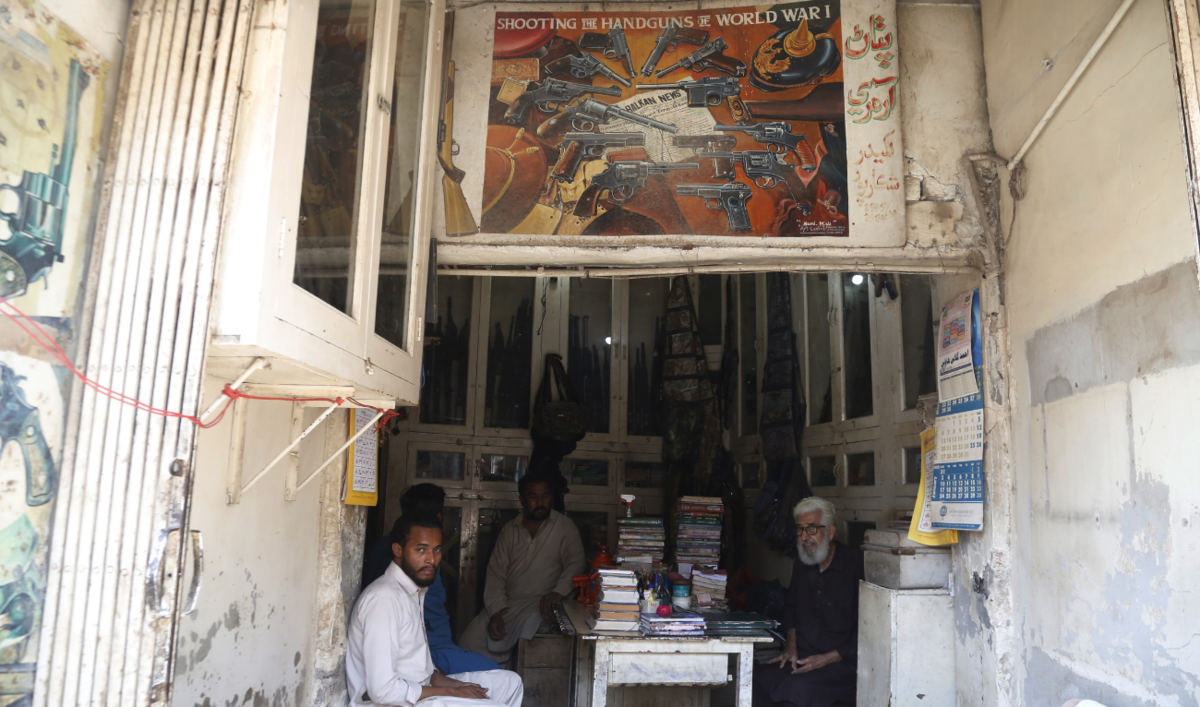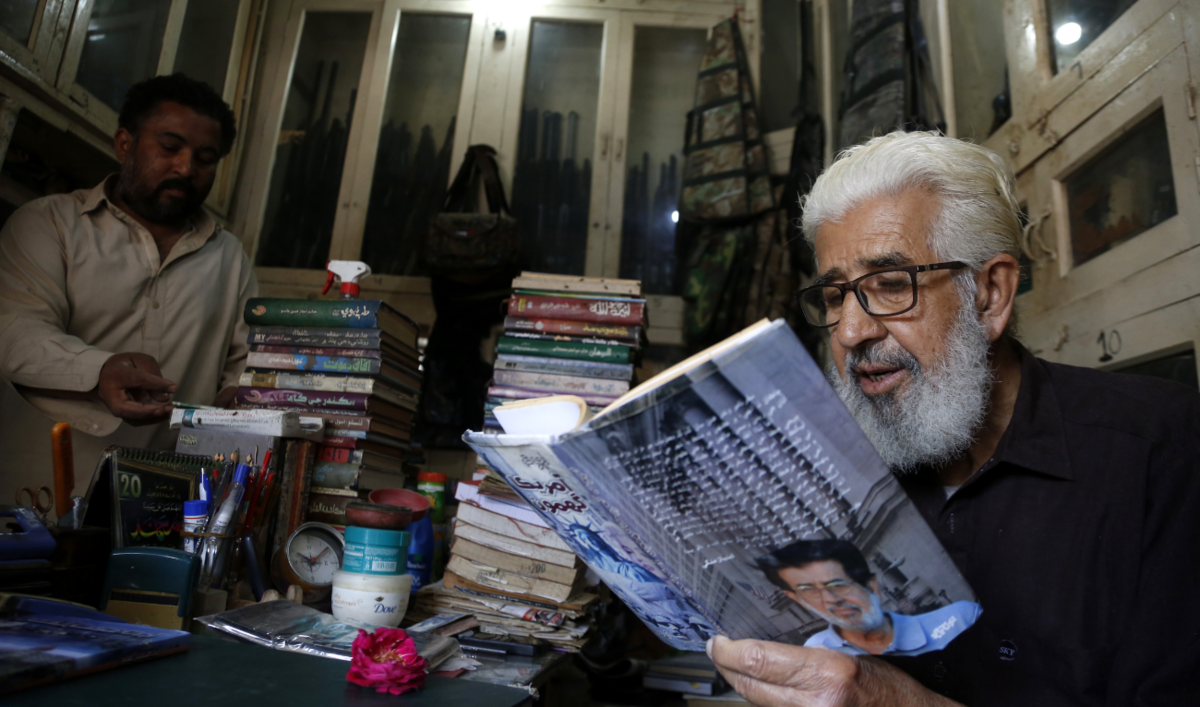KARACHI: The Pakistan government is contemplating measures to repatriate undeclared offshore wealth and assets worth billions of dollars stashed by Pakistani nationals abroad, starting with the UAE.
On Monday, Pakistan’s Supreme Court was told that Pakistanis own $150 billion worth of properties and assets in the UAE.
The information was provided in a report presented to the apex court during a hearing of a suo moto case against illegal offshore properties and assets.
Surprised by the substantial amount of money, Chief Justice of Pakistan Mian Saqib Nisar remarked that Pakistanis hiding their undeclared assets abroad qualified for money laundering cases to be registered against them.
It is believed that the money invested abroad was earned through corruption and kickbacks by politicians, bureaucrats and businessmen and other criminal elements.
Recently an amnesty scheme was announced to lure overseas Pakistanis to bring back offshore wealth by paying nominal tax rates, but the scheme failed to achieve the desired results.
During the hearing of the case on Monday, the governor of Pakistan’s central bank, Tariq Bajwa, told the apex court that 125 people who have assets in the UAE were identified and notices were issued asking them to explain their position. “We have another list of 225 Pakistani nationals who own properties in London,” Bajwa told the court.
Attorney General of Pakistan Mansoor Ali Khan told the apex court that a task force headed by Prime Minister Imran Khan has been set up to repatriate offshore wealth and sought the court’s guidance for the action.
Though the court was informed about the monetary value of assets and properties of Pakistanis in UAE, it is not clear that how much assets and properties were illegally made.
“There are 1.5 million Pakistanis working and doing business in the UAE and around 2000 are actively involved in the real estate business including 112 large builders and developers,” Mohsin Shaikhani, former president of the Association of Builders and Developers (ABAD), told Arab News.
Shaikhani said: “First of all you will have to differentiate between those who are working and have legal investment because around 100,000 Pakistanis are permanently living there and they want to have their own accommodation.”
“Those bureaucrats, politicians and other criminals who have invested black money abroad must be identified and brought to task,” he said.
Experts say that there can be two types of assets, created out of criminal proceeds and from undeclared/untaxed incomes, and the country will have to establish that properties were created by plundering public money or by abuse of public office.
Dr. Ikram ul Haq, senior economist and an expert on taxation matters, told Arab News: “The first type of assets can be recovered by seeking the help of the World Bank and United Nations Office on Drugs and Crime initiatives called Stolen Asset Recovery (StAR).”
Dr. Haq added: “For the second type of assets, the best way to recover lost taxes is to get actionable information from states where the assets are stashed using bilateral treaties — Avoidance of Double Taxation and Fiscal Evasion DTAs or Multilateral Treaty of OECD for exchange of information singled by Pakistan in 2017. Once information is received, proper proceedings are to be taken against tax evaders. Recovery can be made by attaching their assets inside Pakistan or those stashed abroad by court orders.”
Pakistan’s authorities plan to interrogate and tax owners of offshore assets — and in the case of denial, the help of the host country would be sought. However, Shabbar Zaidi, chief of audit firm A.F. Ferguson — who compiled and submitted the report in the apex court — has called for caution while handling the information.
Earlier, a committee suggested that Joint Task Force Federal Investigation Agency FIA, National Accountability Bureau NAB, Federal Board of Revenue FBR and other agencies repatriate illegal money concealed in foreign banks and properties.


























